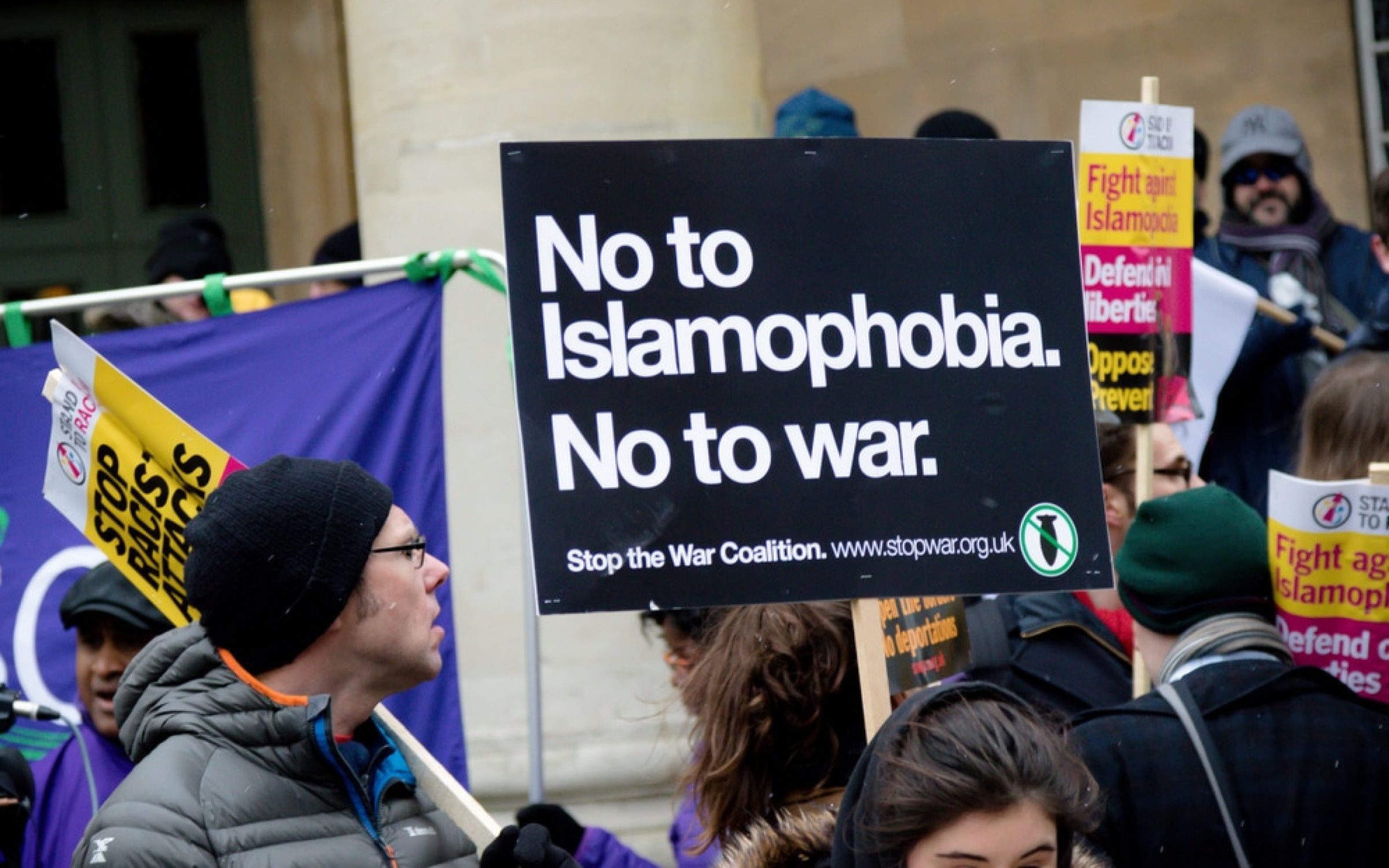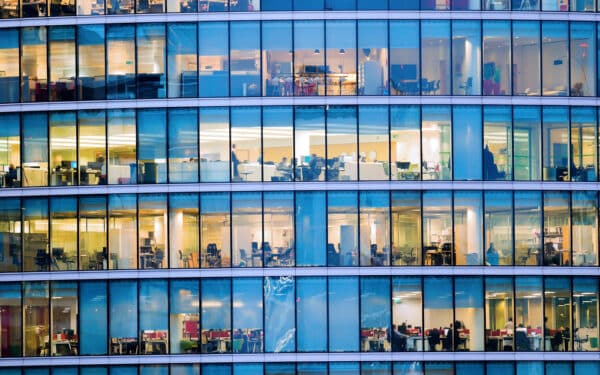Labour is widely expected to form the next government. But in parts of Lancashire, West Yorkshire and the West Midlands, Muslims appear reluctant to back the party in the type of numbers they have in previous elections. How will this pan out?
While Labour strategists mull over how to respond, a number of groups which claim to represent Muslims are making clear their discontent – both over Gaza and domestic issues. The issue of Islamophobia, and lobbyist demands for a definition of that term, is back on the agenda.
The Muslim Vote, which enjoys the backing of a number of organisations including the Muslim Association of Britain, MEND, Muslim Council of Wales and Muslim Council of Scotland states on its website: “This election signals a shift for Muslims – no more political apathy. We will no longer tolerate being taken for granted. We are a powerful, united force of 4 million acting in unison.”
Against this backdrop, The Muslim Vote has presented a list of 18 demands in order for Sir Keir Starmer to “win back” Muslim voters. Only six relate to the Gaza conflict and Israel, an indication perhaps that much more is at play here than a single overseas conflict. Consider for example the demand to “issue guidance that Muslims are allowed to pray at school” –which looks very much like an attempt to re-litigate the recent High Court ruling concerning Michaela school in north London, which found a non-religious school, recruiting children on that basis, did not have to provide time and facilities for Muslim children to pray during the school day.
But it is demand 10 – to adopt the All Party Parliamentary Group (APPG) on British Muslims’ definition of Islamophobia – that poses the most significant challenge to our liberal democracy. This was first unveiled in 2018, stating “Islamophobia is rooted in racism and is a type of racism that targets expressions of Muslimness or perceived Muslimness.” At the time there was some confusion as to whether the APPG sought this to be legally binding or not, although it seems obvious that the adoption of such a definition in workplaces, would see court cases inevitably follow.
Documents leaked to Policy Exchange at the time indicated that the Government Equalities Office had reservations as to whether the APPG’s proposal was viable. Government Equalities Office advice of 15 April 2019 stated the following:
“..The definition is not in line with the Equality Act 2010, which defines “race” as comprising colour, nationality and national or ethnic origins – none of which would encompass a Muslim or an Islamic practice. This means that, over time, there could be tensions between the Act and the official definition of Islamophobia.“
It is also far from clear what “Muslimness” means. Equally, as religion is already a protected characteristic under the 2010 Act, someone discriminated against in the job market or housing field because of their faith, already has legal recourse.
This takes us to the critical question – what exactly is the Islamophobia definition designed to do? And what will it do that existing laws cannot?
Against the backdrop of such concerns, in 2019 the government rejected the definition, but it has since been adopted by a minority of local authorities, often after skilled and determined lobbying by activist organisations.
A suspicion remains that the underlying purpose of the Islamophobia definition is not to protect individuals from acts of discrimination – such protection already exists – but rather to shield interpretations of the faith itself from criticism. In a liberal democracy, where people are free to critique belief systems as they please, such legislation risks undermining hard won individual freedoms.
Last month, Khalid Mahmood MP and Sir Sajid Javid MP, long-serving Muslim parliamentarians from both sides of the house, came together in a Policy Exchange report which reviewed the debate around the Islamophobia definition, concluding not only that earlier concerns remained, but also that new problems had emerged since the Hamas attack on Israel, and the subsequent war in Gaza. As emotions over that conflict run high, the report found that the term Islamophobia has been employed in an increasingly loose manner, being deployed to attack people making conventional political arguments.
When the Speaker of the House of Commons referred to MPs facing threats over Gaza, he was accused in the left-wing magazine Tribune of “just about every Islamophobic stereotype going.” But MPs were facing threats. Would it have been preferable for Hoyle to say nothing?
Within Labour, the party accepted the APPG definition in March 2019, and in 2023 published an Islamophobia complaints handbook, with a foreword by Party Chair Anneliese Dodds. That said, it is far from a foregone conclusion that a Labour government will be won over by Ms Dodds’ enthusiasm and accept the APPG definition. Key Labour players such as Pat McFadden, Sue Grey and Morgan Sweeney are yet to come down on either side of the debate. Party insiders also noted the charge of “Islamophobia” is still used to criticise those, like Trevor Phillips, who the public struggles to accept are in any way racist.
While the next election is beginning to look like a foregone conclusion, there is all still to play for on what Labour in power does – certainly on the question of an Islamophobia definition.
Dr Paul Stott is the Head of Security and Extremism at Policy Exchange




